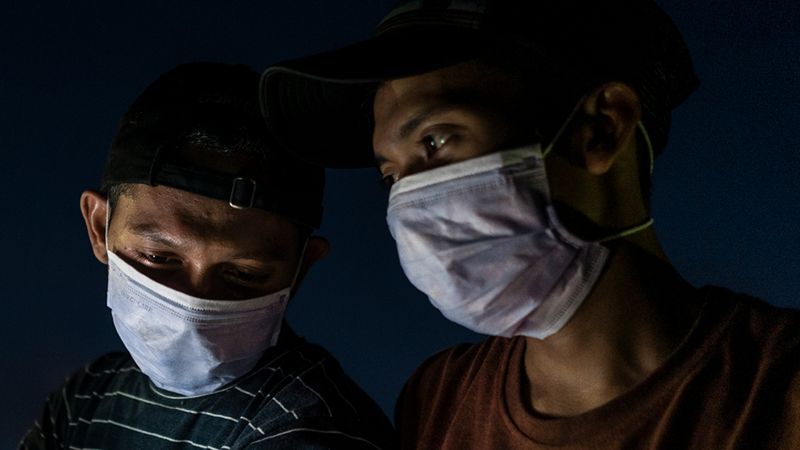Coronavirus: How soon can we expect a working vaccine?

If or when scientists succeed in making a coronavirus vaccine, there won't be enough to go around.
Research labs and pharmaceutical companies are rewriting the rulebook on the time it takes to
develop, test and manufacture an effective vaccine.
Unprecedented steps are being taken to ensure roll-out of the vaccine is global. But there are
concerns that the race to get one will be won by the richest countries, at the expense of the most
vulnerable.
So who will get it first, how much will it cost and, in a global crisis, how do we make sure nobody
gets left behind?
How soon can we expect a coronavirus vaccine?
Trials involving thousands of people are already under way to see which vaccine can protect
against Covid-19, the respiratory disease caused by coronavirus.
A process that usually takes five to 10 years, from research to delivery, is being pared down to
months. In the meantime, manufacturing is being scaled up - with investors and manufacturers
risking billions of dollars to be ready to produce an effective vaccine.
Russia says trials of its Sputnik-V vaccine have shown signs of immune response in patients and
has rolled out the vaccine for public use while late-stage trials continue. China says it has
developed a successful vaccine that is being made available to its military personnel.
But concerns have been raised about the speed at which both vaccines have been produced.
Neither are on the World Health Organization's list of vaccines that have reached phase three
clinical trials - the stage that involves more widespread testing in humans.
Preventing vaccine nationalism
Governments are hedging their bets to secure potential vaccines, making deals for millions of
doses with a range of candidates before anything has been officially certified or approved.
The UK government, for example, has signed deals for undisclosed sums for six potential
coronavirus vaccines that may or may not prove successful.
The US hopes to get 300 million doses by January from its investment programme to fast-track
a successful vaccine.
But not all countries are in a position to do likewise.
Organisations such the Medecins Sans Frontieres, often on the frontline delivering vaccines,
say locking in advanced deals with pharmaceutical companies creates "a dangerous trend
of vaccine nationalism by richer nations".
If you don't want to miss out on this, come and follow here. : วิธีดาวน์โหลด SLOTXO